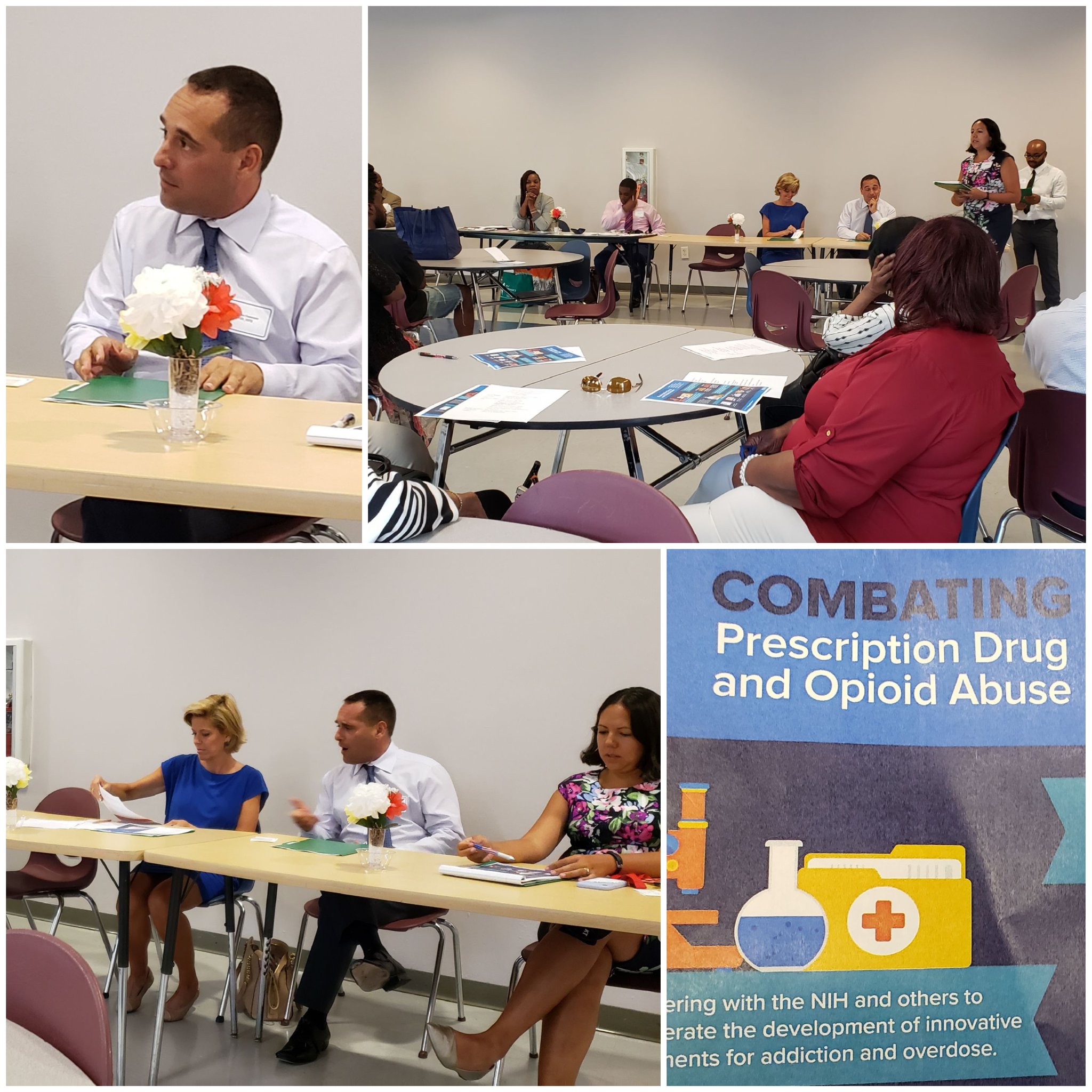Opioid Policies

Much like the rest of the United States, residents of the District of Columbia are struggling with substance use disorder (SUD) rate increases and high rates of opioid-related deaths. Unfortunately, these are multi-faceted issues that require year-long initiatives and systematic programs to address the myriad causes of addiction.
MSDC stands as a partner to the District government and private entities to help arrest the rates of opioid and substance abuse in the District. Through our advocacy for better prescribing practices, education on addiction, and even helping our own community through our Physician Health Program, MSDC is working to make DC a leader in reducing SUD, OUD, and addiction.
On a related note, MSDC is passionate about helping patients make prescriptions and medication more affordable. Whether expanding access to biosimilars or advocating for more affordable co-pays, MSDC wants to help our patients afford the medications they need.
MSDC Statement and Testimony on Opioid and Prescription Issues
25th Council information coming soon
Over 120 Physicians Sign Letter Asking for Prior Auth Hearing
MSDC sent a letter to Committee on Health Chair Vincent Gray on June 14 asking for a hearing on B24-655 before the summer recess. Signing the letter were over 120 DC physicians and healthcare providers representing 21 different zip codes.
The letter was sent because the committee announced a hearing on June 27 to consider four different bills. One of them is MSDC-endorsed B24-557, the Copay Accumulator Amendment Act, on which MSDC and a number of other organizations will be testifying for. As of now, the prior authorization bill is not on the agenda, despite an overwhelming desire from the community for a hearing on this important issue.
B24-655 would enact a number of commonsense reforms adopted by numerous other states when it comes to prior auths. The bill would require a medical reason for the prior auth, ensuring appropriate medical professionals are doing the utilization reviews, set a standard time for insurers to honor the issued prior auths, and more. The bill is modeled after American Medical Association (AMA) model language and has been reviewed by MSDC and numerous other medical associations. The legislation would be the most positively impactful bill for medicine in years.
Physicians, healthcare providers, and patients interested in getting involved can visit msdc.org/priorauth to learn more. MSDC encourages everyone interested to testify on behalf of B24-557 on June 27 and, if it is added, B24-655.
The text of the letter is below:
Sincerely
Sample of Legislation MSDC Tracked on Opioid and Prescription Policy
What does it do? The bill authorizes licensed pahrmacists to dispense interchangeable biological products and requires notifications to physicians when such interchangeables are dispensed.
MSDC position: MSDC has a position of priority support on this legislation, identifying its passage as one of its highest legislative priorities.
Current status: SUCCESS. The bill was passed by the Council and signed by the Mayor.
What does it do? The bill requires prescription opioid medications to include a statement that the drug is an opioid and opioids may cause dependence, addiction, or overdoes.
MSDC position: MSDC supports the legislation.
Current status: The bill had a hearing before the Committee on Health on July 29, 2020. MSDC leader Dr. Sam Kareff testified for the Medical Society. It passed the Council on November 10 and was signed by the Mayor December 7.
What does it do? The bill prohibits insurance companies from factoring the use of PreP in decisions related to disability, life, or long-term care policies.
MSDC position: MSDC supports this legislation
Current status: The bill was introduced on January 8, 2019 and assigned to the Committee on Business and Economic Development.
